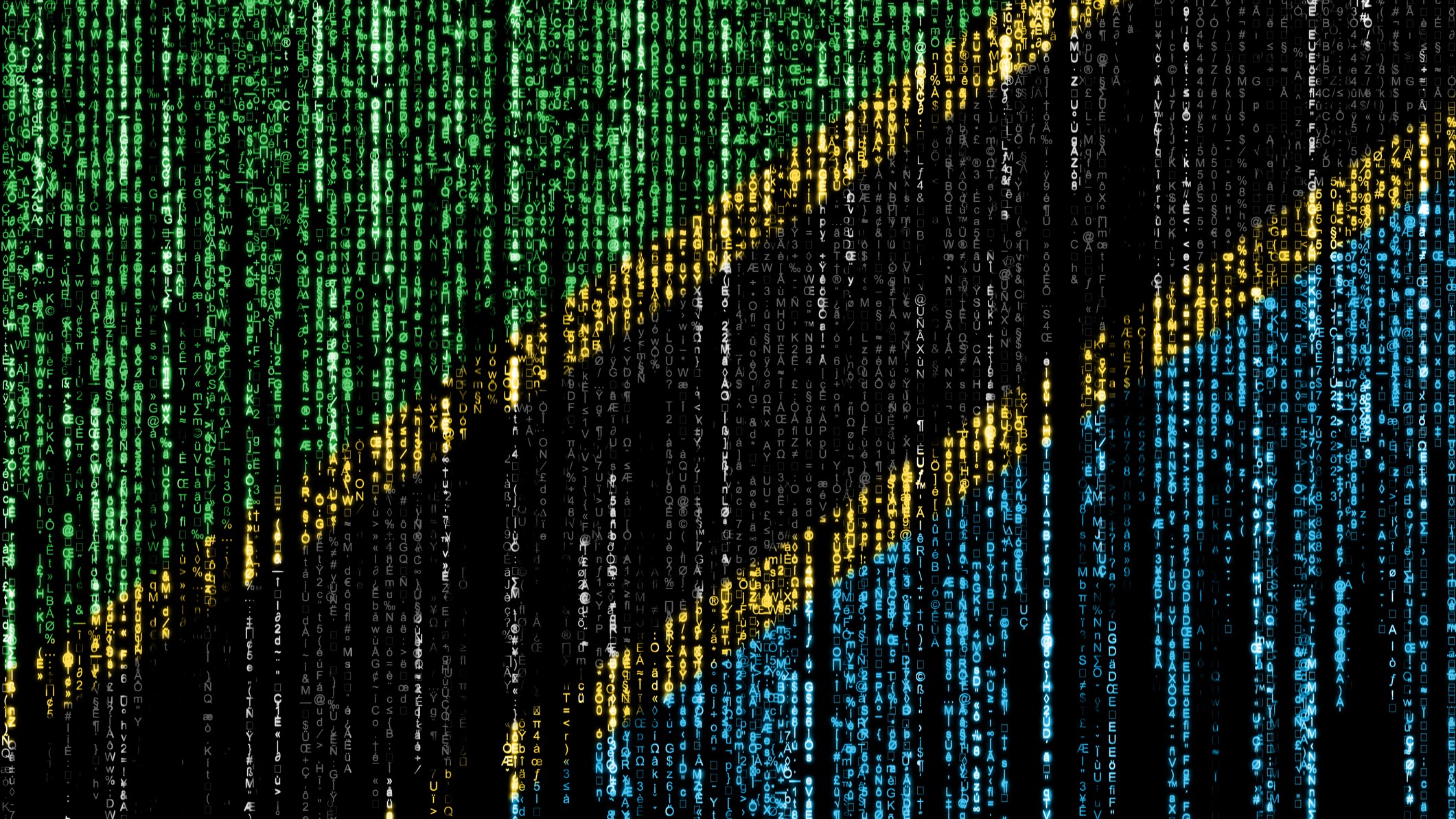VPN users in Tanzania will soon be forced to reveal what they do online
Authorities are called to "engage in constructive dialogue" instead

Sign up for breaking news, reviews, opinion, top tech deals, and more.
You are now subscribed
Your newsletter sign-up was successful
People in Tanzania using a VPN service could be forced to reveal their real IP address and online activities under a new directive.
In an attempt to clamp down on users accessing prohibited content, the Tanzania Communications Regulatory Authority (TCRA) issued a public notice for both organizations and individuals to unveil their VPN usage and all relevant information to the Authority by the end of October, 2023.
Digital rights advocates from the Tanzania Digital Right Coalition (TCRC) have voiced their concerns on how such a rule would negatively impact Tanzanians' rights to privacy, freedom of speech, and access to information. They are now calling on the government to reconsider their decision and "engage in constructive dialogue" instead.
Tanzania VPN usage restricted: what's at stake?
"TCRA's decision to limit the use of VPNs in Tanzania has far-reaching implications for the digital rights and freedoms of Tanzanian citizens," wrote the 23 TCRC's members in an open letter published on October 14.
As mentioned, under the new directive both private users and businesses are required to declare their VPN usage and provide all relevant information such as their IP address. Anyone failing to comply with these new rules risks a fine of at least 5 million in local currency (about $2,000) and/or a minimum 12-month jail sentence.
Similar to your real-life address, an IP (Internet Protocol) address is a digital reference used to establish your identity and exact location, and ensures that the right content reaches your device. People are increasingly using IP spoofing apps to bypass censorship and boost privacy online, as well as streaming VPNs to keep up with their favorite shows when traveling.
The regulation comes as a means for authorities to prevent users from accessing content prohibited by law. Yet, the request for data goes against the very nature of VPNs and the reasons why people use these services in the first place.
Short for virtual private network, a VPN is security software that encrypts all the data leaving your device and spoofs your real IP address. While the latter feature is what grants access to otherwise geo-restricted content, it also protects your online anonymity.
On this point TCRC said: "VPNs play a crucial role in safeguarding online privacy, enabling secure communication, and granting access to information and services that may otherwise be restricted or censored. Furthermore, VPNs are essential tools for many businesses, researchers, and individuals to access online resources securely and conduct their activities without undue interference."
For example, at the time of writing, Tanzanians can only access some popular social media platforms, like Clubhouse, by using a secure VPN service. VPNs enabled citizens to "participate in global conversations, share their perspectives, and engage with a diverse range of ideas," said experts.
The new directive could cut users off from important opportunities. Even worse, "limiting this access not only stifles freedom of expression but also hinders opportunities for cultural exchange, learning, and networking," they add.
The Tanzania Digital Rights Coalition asserts the following Key Points:1. Freedom of Expression and Access to Information: The internet is a vital Source of Information, Education, and Economic Opportunities. The #RightToFreeExpression, including Online Discourse, is a…October 14, 2023
Experts warned that some of Tanzania's human rights are at risk, especially freedom of expression and access to information, which are both recognized as fundamental human rights worldwide. Data privacy, another human right, is also in danger as both individuals and businesses will be forced to provide details about their online activities. Collecting this much data can cause security risks, too, as personal details can be abused by both the government and cybercriminals.
Likewise, internet shutdowns, which restrict the internet and limit global connectivity, could hinder Tanzania's potential growth in the global digital economy.
The Coalition now urges the Tanzanian government and TCRA to withdraw from their decision to restrict VPN usage, calling instead for engagement with civil societies, businesses, and citizens. These "constructive dialogues" aim to address the authorities' concerns while upholding users' digital rights.
TCRC wrote: "We urge them [authorities] to respect and protect the rights of Tanzanian citizens to access information, communicate securely, and express themselves freely online.
"We stand ready to collaborate with all stakeholders to find solutions that balance national security concerns with the protection of digital rights. We remain committed to promoting a free, open, and secure digital environment for all Tanzanian citizens."
Sign up for breaking news, reviews, opinion, top tech deals, and more.

Chiara is a multimedia journalist committed to covering stories to help promote the rights and denounce the abuses of the digital side of life – wherever cybersecurity, markets, and politics tangle up. She believes an open, uncensored, and private internet is a basic human need and wants to use her knowledge of VPNs to help readers take back control. She writes news, interviews, and analysis on data privacy, online censorship, digital rights, tech policies, and security software, with a special focus on VPNs, for TechRadar and TechRadar Pro. Got a story, tip-off, or something tech-interesting to say? Reach out to chiara.castro@futurenet.com